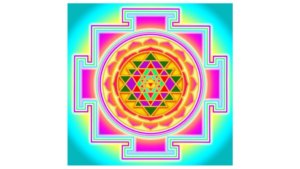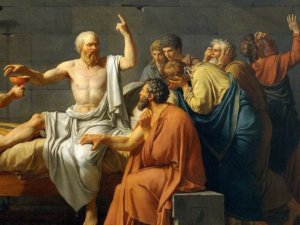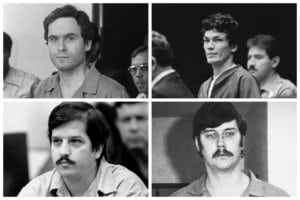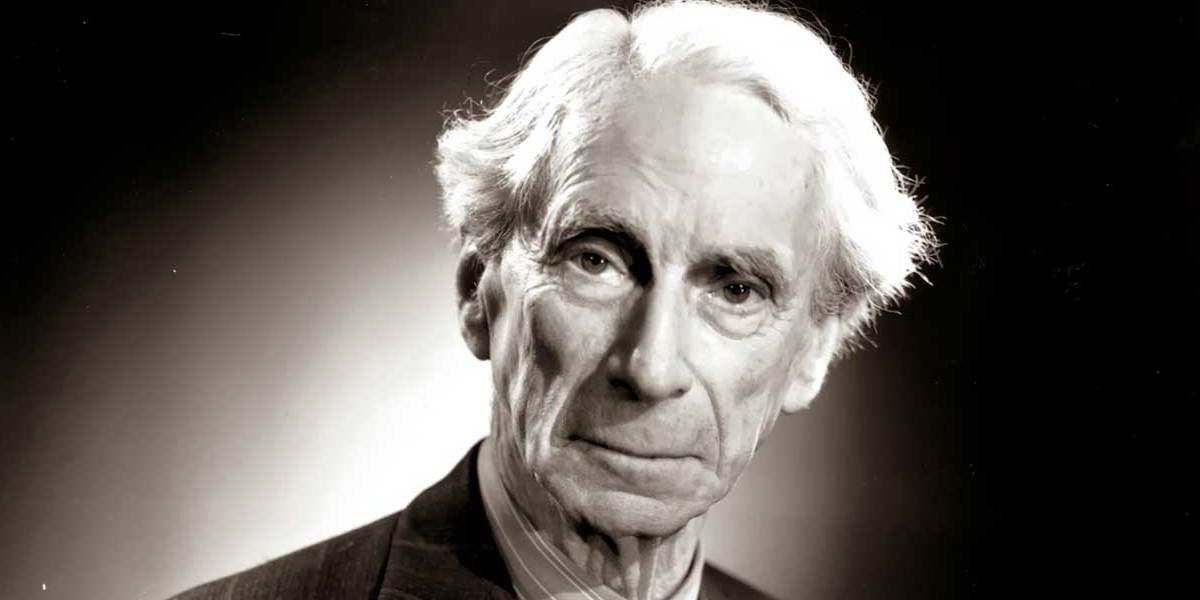
Russell begins his speech by considering the main reason that drives human behavior:
“All human activity is spurred by desire. Some moral theorists have a false theory that it is possible to resist desire in the interests of duty and moral principle. I say this is wrong because unless people are committed to their duties, they do not have a sense of duty. If you want to know what people will do, You must know not only or mainly their material conditions, but also the whole system of their relative strengths and desires.”
“Man differs from other animals in a very important way. This is that he has some unlimited desires that can never be fully satisfied, that will make him restless even in heaven. For example, the boa constrictor falls asleep when he has had enough, and does not wake up until he needs another meal. But people are not like that.”
Russell points out that these four eternal desires are greed, competition, arrogance, and love of power, and examines them in turn:
“Greed—the desire to have the most possible possessions—I think is a combination of the desire for fear and the desire for needs. I once befriended two little Estonian girls who were running away from starvation. They lived with my family and had a lot of food. But they spent their free time on neighboring farms. “Rockefeller, who lived in abject poverty as an infancy, also spent his adult life in a similar fashion.”
“No matter how much you have, you always want more. Satisfaction is a dream that will always get you through.”
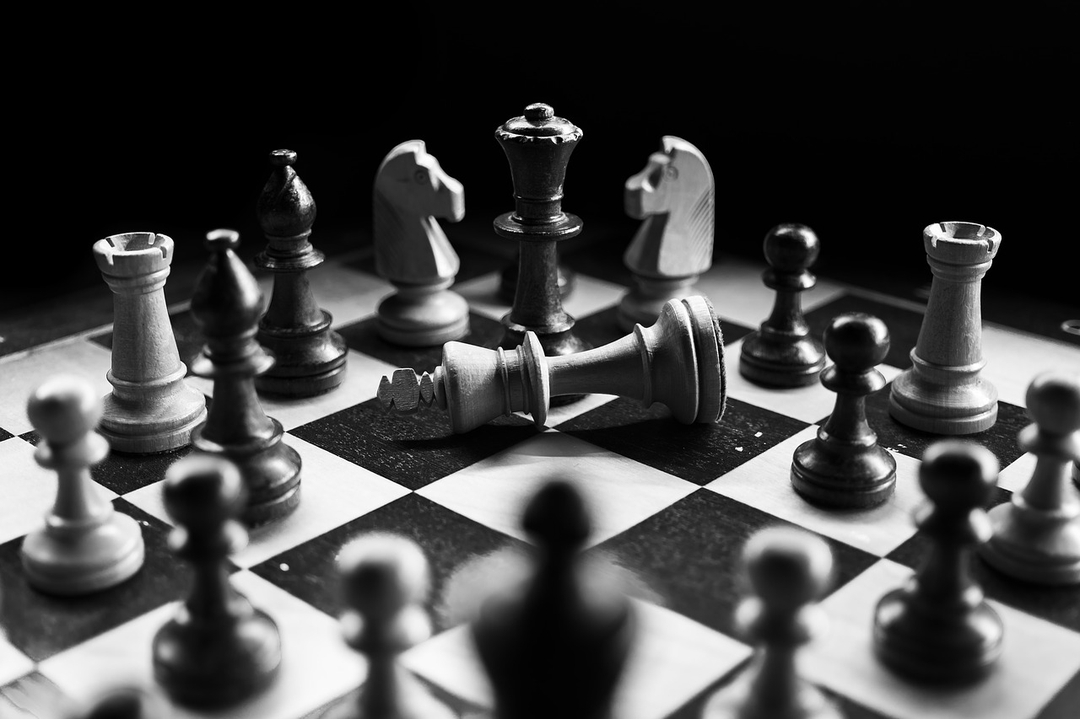
According to Russell, the competitive tendency is:
“If greed was stronger than competition, the world would be a happier place than it is. But in fact, many people would gleefully face impoverishment if they could secure the power for their rivals to destroy them.”
Russell argues that competition is fueled by human narcissism. In a doubly important consideration in today’s social media context, he observes:
“Posting is a drive for immense power. People who care about children know: children try to show what they know by constantly saying ‘look at me’. ‘Look at me’ is one of the most basic desires of the human heart. It can take innumerable forms, from robbery to the deadly pursuit of fame.”
“It is almost possible to magnify the impact of ostentation through the diversity of human life, from a three-year-old boy to a monarch whose brows the world trembles.”
But Russell says the strongest of the four drives is the love of power:
“Love of power is closely related but not the same as vanity. What vanity needs is the satisfaction of honor, and it’s easy to have honor without power. Most people prefer honor over power, but in general these people are more likely to find that things happen than people who prefer power over power. Power, like vanity, is insatiable. Nothing but sheer strength can fully satisfy it. Also, since this is the fault of particularly energetic people, the effectiveness of the love of power creates a lack of proportion in its frequency. In fact, it is the most important thing in the lives of important people. strong desire.”
“The love of power rises greatly with the experience of power, and this applies to both minor powers and great powers.”

He adds:
“In any despotic regime, those who have power become more and more cruel with the experience of the pleasures that power can give. Since the power over people is shown by making people do what they will not do, people motivated by the love of power tend to inflict pain instead of allowing passion. “
Russell, an extraordinary sensitivity to nuance and a thinker of the dilemmas that make up our lives; he warns against treating the love of power as a purely negative influence.
And it states: What the urge to manage the unknown brings forth, like the pursuit of knowledge and all scientific processes, is desirable. And he adds:
“It would be a mistake to denigrate all love of power as desires. Whether you tend towards beneficial actions or bad actions with that desire, it will depend on your social system and your abilities. If your abilities are of the theoretical or technical kind, you will benefit from knowledge or technique, and often your action comes in handy. If you’re a politician, you may be driven by a love of power, but often that desire will combine with a passion to see some situations you would prefer to the status quo.”
Then Russell turns to the series of secondary desires. He tells his thoughts on the interaction of boredom and excitement in human life; It starts with the love of excitement:
“People show animals their superiority through their ability to be bored. But sometimes, when studying monkeys in the zoo, I think that maybe they have foreknowledge of this boring feeling too. In any case, experience shows that one of the strongest passions of almost all humans is to avoid boredom. “
Russell argues that this intoxicating love of excitement can only be made stronger by the dormant nature of modern life:
“Our spiritual inventions are tailored to a life of intense physical labor. When I was young, I used to spend my vacations walking. I walked twenty-five miles a day and didn’t need anything to relieve my boredom in the evening because the pleasure of sitting was enough for me. But in modern life, this physical work was enough. cannot be run on principles, which is exhausting. Much of the work is done sitting down, and most manual work exercises also work a few specific muscles. People can gather in Trafalgar Square at the end of a workday to celebrate the government’s announcement that they have decided to kill them all, but if that day If they had walked twenty-five miles they wouldn’t have done so, but this combat cure is useless, and if the human race is to survive – perhaps something undesirable – there must be an innocent way out for the unused physical energy that produces this love of excitement and therefore other ways to preserve it. in my life I’ve never heard of a war emerging from dance halls.”










